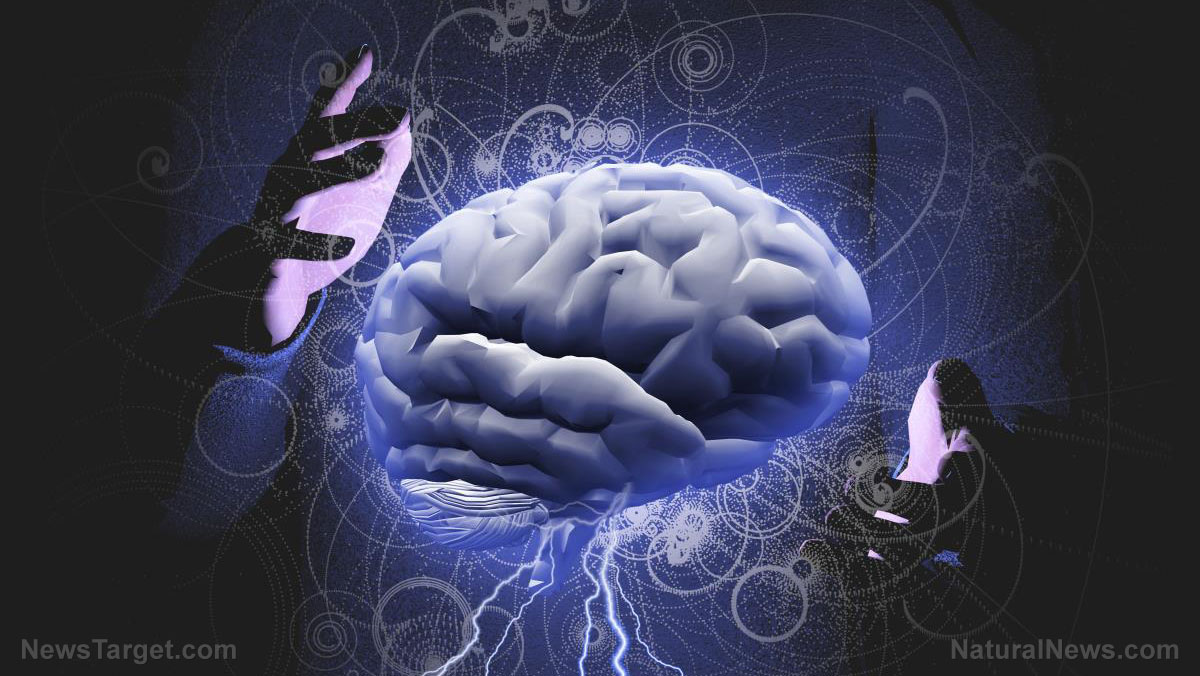Strength training improves brain power, recent studies show
12/20/2018 / By Michelle Simmons

Did you know that strength training benefits more than just physical health? Many studies have shown that strength training can improve brain health, especially in older adults.
Strength training is widely known for its benefits on the physical body; it can build and maintain muscle mass and strength, even in older adults. In recent years, researchers have examined the effects of strength training on cognition.
Strength training can boost brain power in everyone, but its effects are the strongest in older people who suffer from cognitive decline. Some researchers have reported that older adults with little or no cognitive impairment who participated in a strength training program exhibited improvements in memory, information processing, attention span, planning, and organizing skills. (Related: Weight training protects the brain from aging, scientists discover.)
In addition, other studies have shown that adults with neurodegenerative diseases such as Alzheimer’s and other forms of dementia experienced improvements in their condition after doing strength training exercises. A study carried out by researchers from the University of British Columbia Brain Research Centre compared the effects of three different types of exercise: aerobic exercise, stretching, and resistance training. The participants, aged between 70 and 80 years, performed the exercises twice a week for six months.
The findings showed that while all forms of exercise caused positive results, strength training produced the best memory and other cognitive improvements. These findings suggested that resistance training improves brain function in the processes that are linked to aging and the early stages of Alzheimer’s disease. The researchers believe that this possibly occurs because it gets increasingly harder as people increase weight resistance, so it benefits multiple brain areas in those at risk of dementia.
A study published in the Journal of American Geriatrics in 2016 revealed that men and women aged 55 to 86 years with mild cognitive impairment significantly improved their scores on cognitive tests after performing weight training twice a week for six months. Their cognitive test scores dropped when they spent their workouts stretching. Researchers believe that these effects may be attributed to improved blood flow. High-intensity strength training enhances the flow of blood, oxygen, and other nutrients to the brain. In the study, participants lifted 80 percent of the maximum amount of weight they could without breaking form.
Studies have also shown that strength training can help improve symptoms of clinical depression and anxiety. A research from Harvard Medical School found that while endorphins released during exercise play a role, strength training also offers an opportunity to overcome obstacles in a controlled, predictable environment, enhancing mental resiliency. A review published in the journal Frontiers in Psychology in 2014 also revealed that lifting weights lighter than 70 percent of what you can lift for one rep offers the greatest effects against anxiety.
Given that strength training affects body composition and physique, it can also affect one’s perception of their body. A study published in the Journal of Extension in 2015 revealed that middle-aged and older women who did consistent strength training viewed their body image and perceived physical appearance better, regardless of the actual physical outcomes. The study’s researchers believe that improvements in mental health, energy levels, and feelings of accomplishment likely influenced the participants’ improved overall body image perception.
Read more news stories and studies on the health benefits of strength training by going to Slender.news.
Sources include:
Submit a correction >>
Tagged Under:
aging, Alzheimer's disease, brain function, brain health, cognitive decline, cognitive function, dementia, exercise, mind body science, resistance training, strength training, weight training
This article may contain statements that reflect the opinion of the author
RECENT NEWS & ARTICLES
COPYRIGHT © 2017 BRAIN NEWS





















